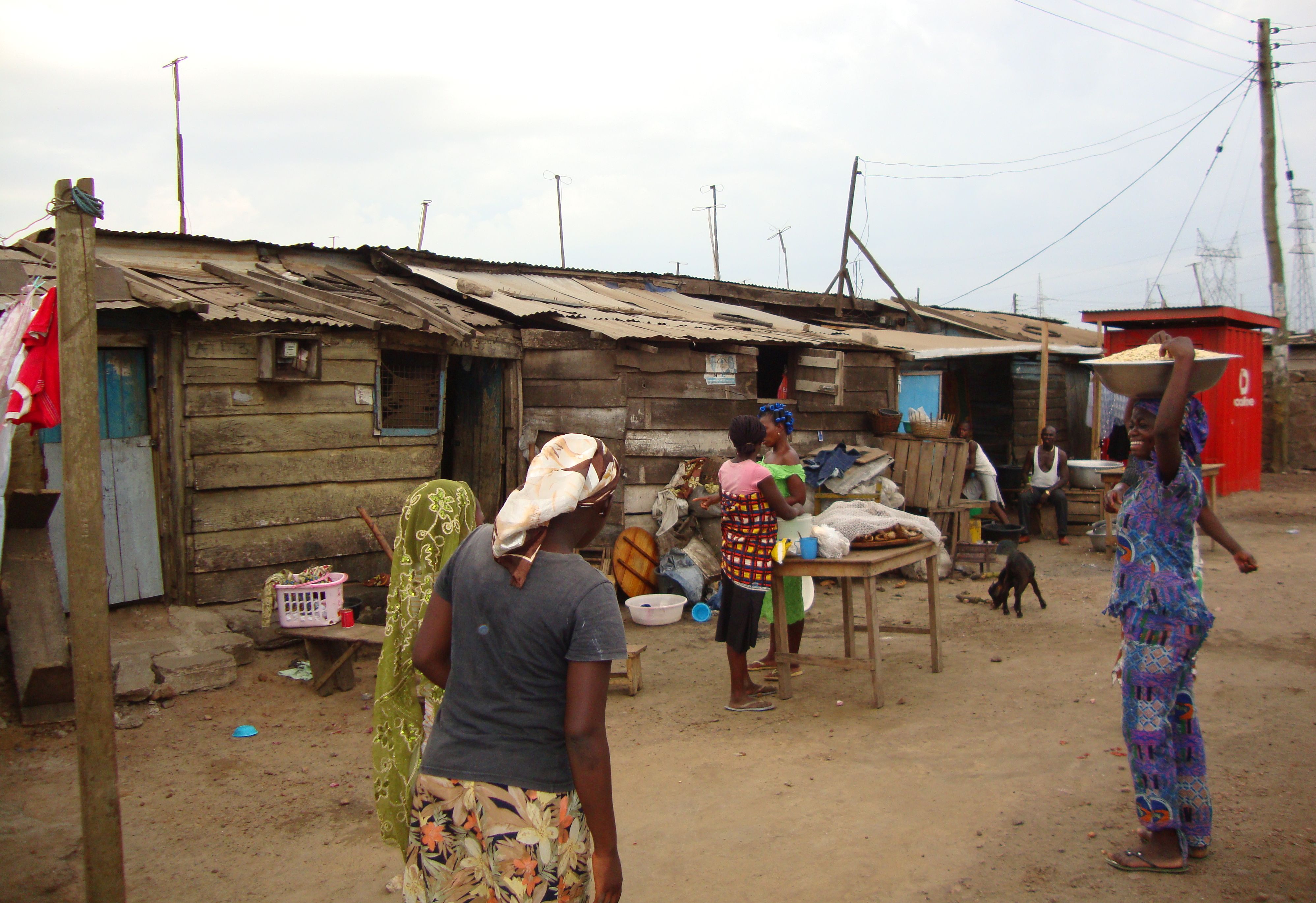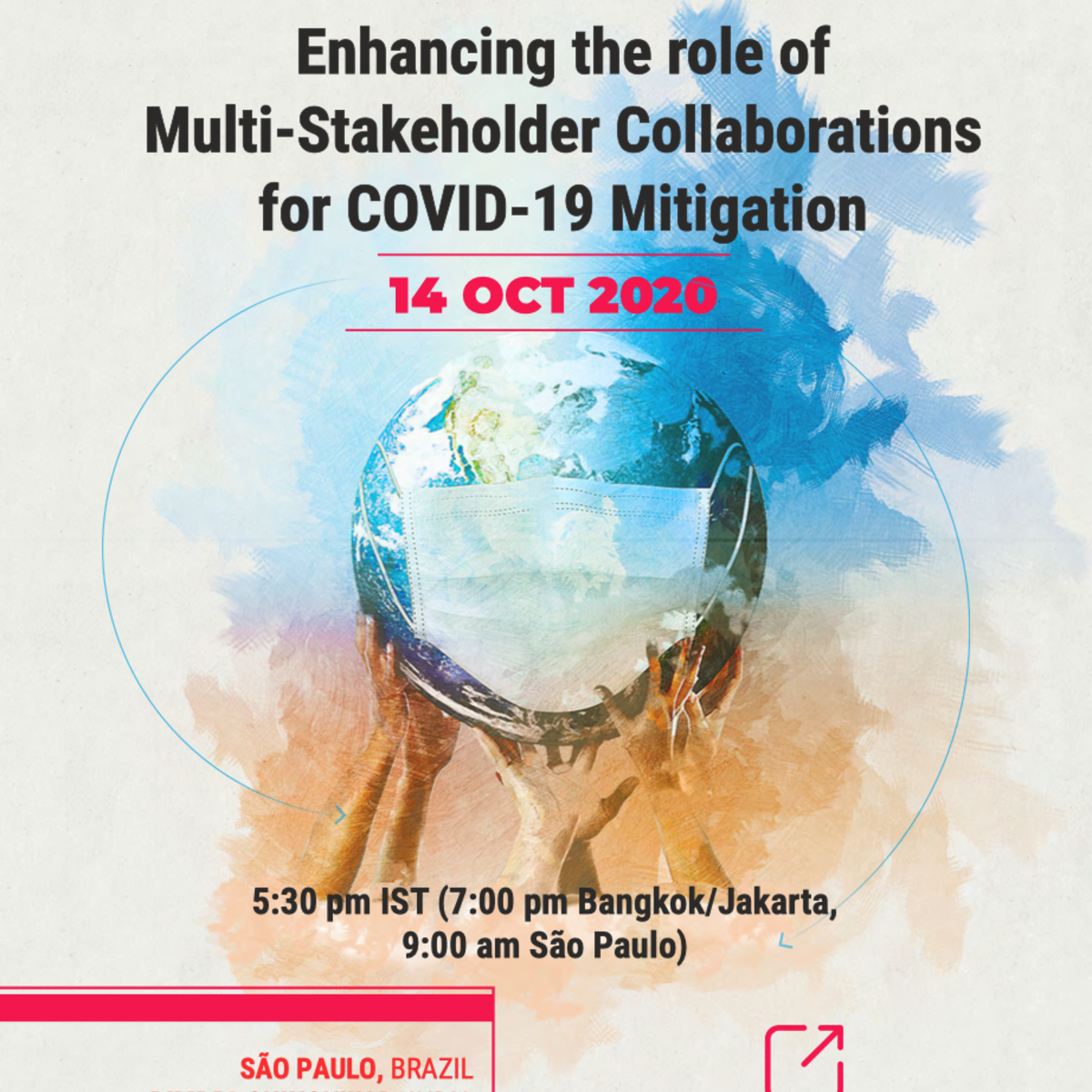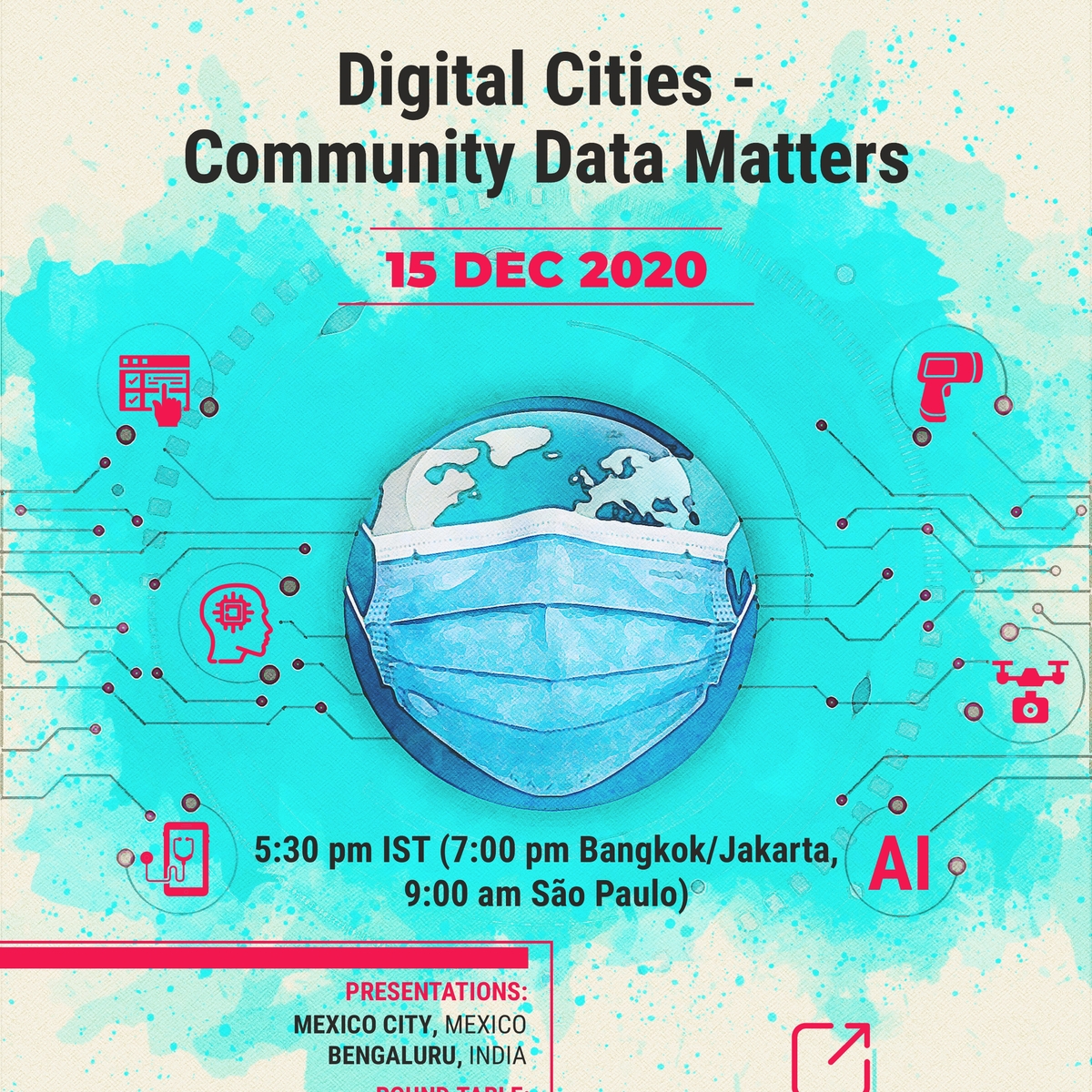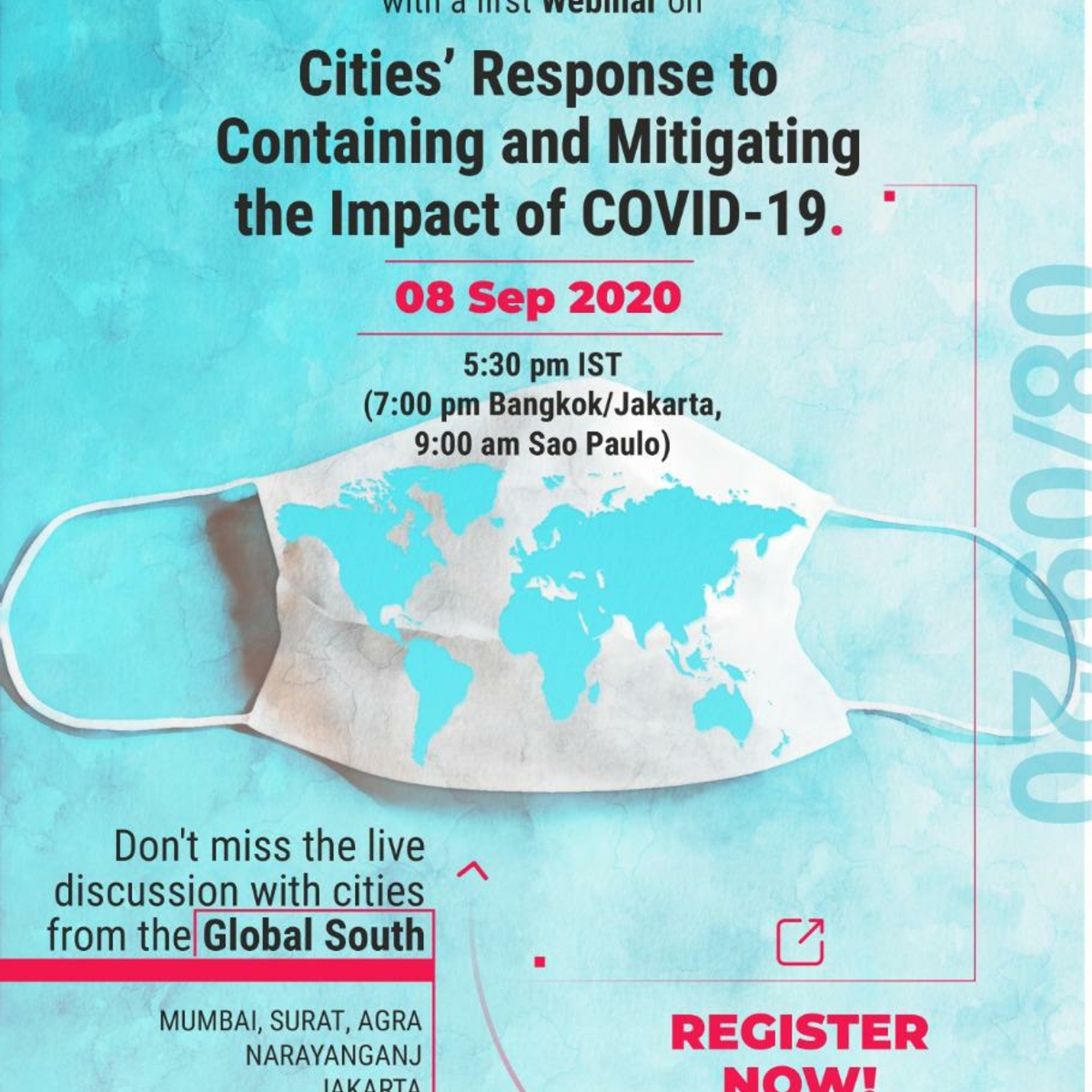Knowledge Dialogues
Some of the most relevant results developed so far from the activities implemented are described as follows:
Interactive Platform for Cities in Global South
The pandemic is spreading across cities and countries with increasing speed globally though the case load and position on trajectory of the spread varies across countries and cities in a country. The role played by local governments in successfully restricting the spread of the pandemic in cities and mitigating its impact has been extensively acknowledged.
Cities Alliance, in collaboration with UCLG ASPA and AIILSG are proposing an interactive platform for Cities in the global south across the development regions - Africa, Asia and Latin America, and with institutional anchoring. This platform is intended to identify good city practices in managing the spread of COVID 19 in the informal sector, and mitigating its impacts in the vulnerable urban territories, and invite the city functionaries managing such practices for virtual peer exchange with functionaries from other cities.
Key parters of the initiative

The Urban Thinking Campus webinar series
Affordable Housing and Land in Latin America, Asia and Sub Saharan Africa Learning globally from local best practices in pursuit of Equitable Economic Growth
Among the most crucial themes that impact the daily management of municipalities addressing the pandemic in the Global South, is the challenge of slum upgrading, as well as the planning mechanisms that municipalities can develop in order to guarantee the right to adequate housing and the right to the city. As the New Urban Agenda established, housing is at the center or urban development and there is an urgent need to map and develop diagnosis of informal settlements (SDG 11), as well as to establish adequate policies that are able to promote integration to the city and leave no one behind, as part of National Urban Policy frameworks.
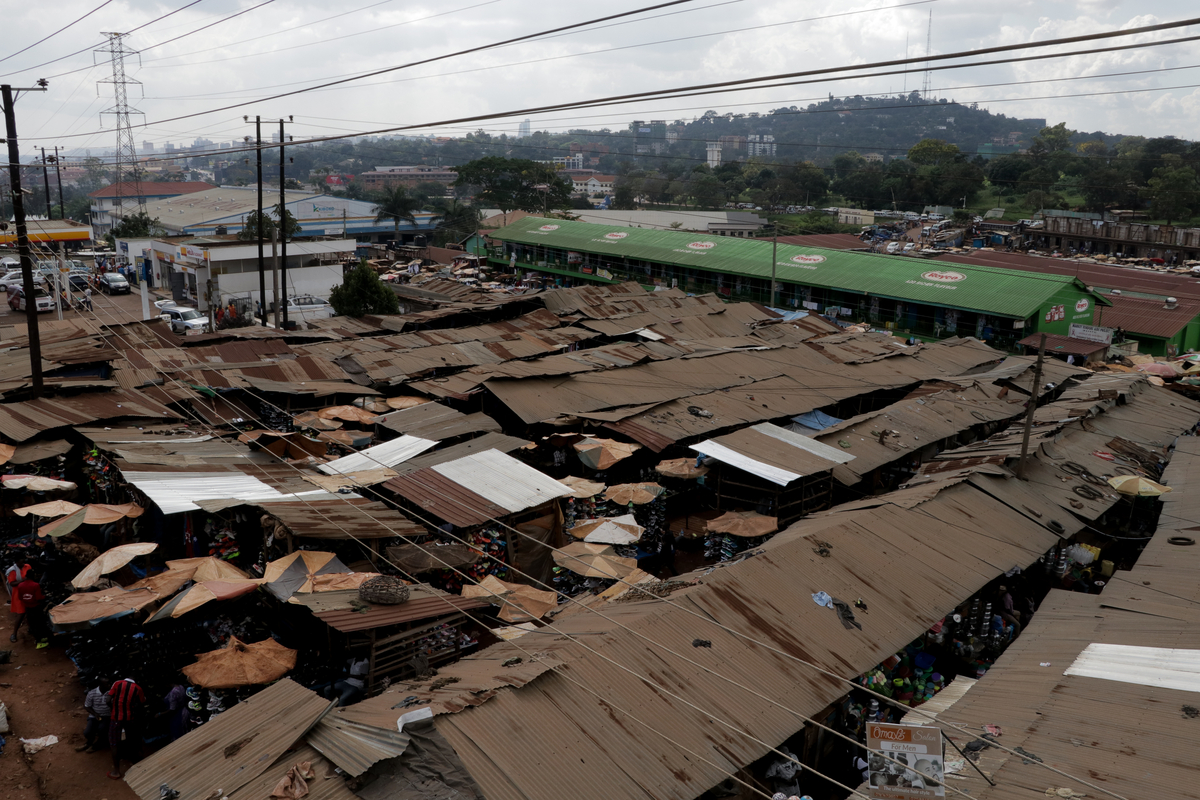
Addressing these multi-disciplinary challenges imply integrating issues such as participatory multi-level governance, coordination of public policies, city-wide planning, disaster risk management, community building and resilience strategies.
Responding to these challenges, Cities Alliance and St.Gallen Institute of Management in Latin America (GIMLA) have organized a series of webinars in the context of Urban Thinking Campus (UTC) addressing regional challenges for slum upgrading.
For more information:
- Slum Upgrading in Asia : Learning Globally from Local Practices on City-Wide Strategies to Address Informality
- Slum Upgrading in Sub Saharan Africa: Local City-Wide Strategies
Key partners of the initiative

Addressing Informality in Cities Through Inclusive/Rights-based Urban Governance
Looking at cities on a global scale reveals that “the informal is the normal”. Informa lity domi nates both the shelter and the local economic sectors. While one billion people, a quarter of the urban population worldwide, live in informal settlements ,2 billion workers (61% of all workers) are informally employed. As migration pressure on cities persists, this trend is increasing rather than decreasing.
Informality is thus a widespread element of urban life, albeit often an un-acknowledged one. Informal workers are essential for the daily functioning of cities and keep important services going. It’s no exaggeration to see informality even as a key contributor to successful emerging economies. At the same time, however, informality is synonymous with denial of the enjoyment an extensive range of human rights and marginalisation on a massive scale.
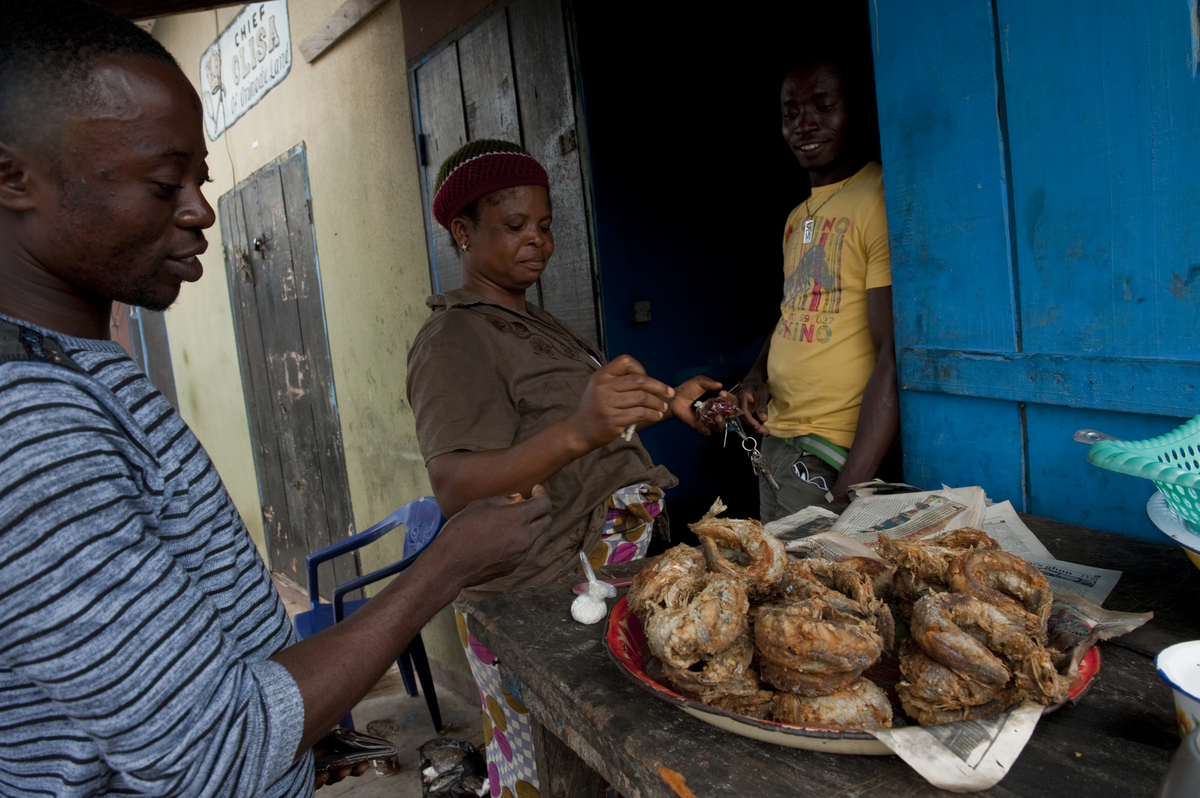
On 14 December 2020, Cities Alliance, together with the Development Partners Network on Decentralisation and Local Governance (DeLoG) and WIEGO, launched a 90-minutes-webinar entitled Addressing Informality in Cities Through Inclusive Urban Governance, as part of a webinar series with the main goal of dialogue and knowledge sharing on key issues for local governance and development.
In a moment in which “the informal” is considered “the normal”, this webinar aimed to present a series of initiatives to create more solidarity and egalitarian cities where informal settlements’ inhabitants and workers are recognised as city dwellers with equal rights. Cases from Kenya, South Africa and Sierra Leone were presented by recognized speakers to show ongoing efforts to address informalities in cities during the Covid-19 pandemic.
For more information:
- Addressing Informality in Cities Through Inclusive Urban Governance
Key partners of the initiative

Cities Alliance, in collaboration with UCLG ASPA and AIILSG, are proposing an interactive platform for cities in the global south to identify good practices managing the spread of COVID 19 in the informal sector and mitigate its impacts.

